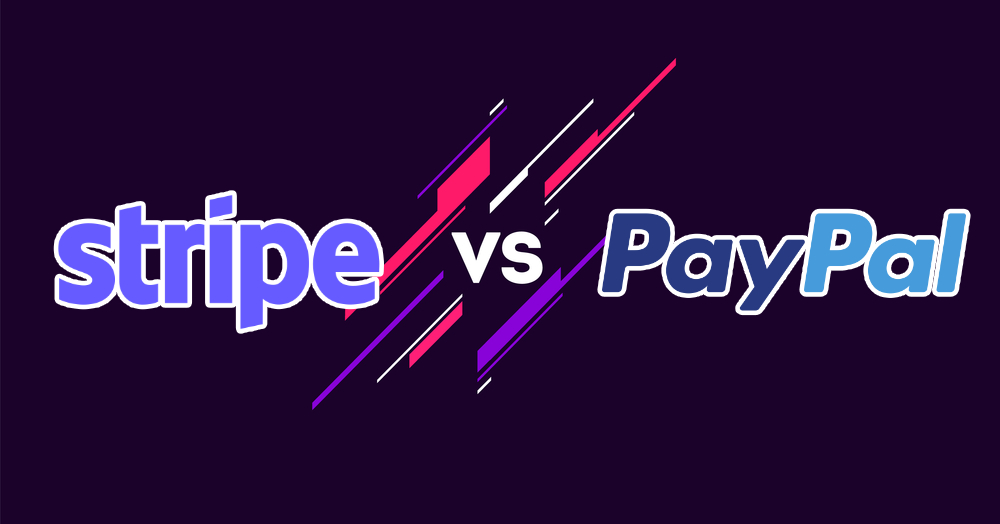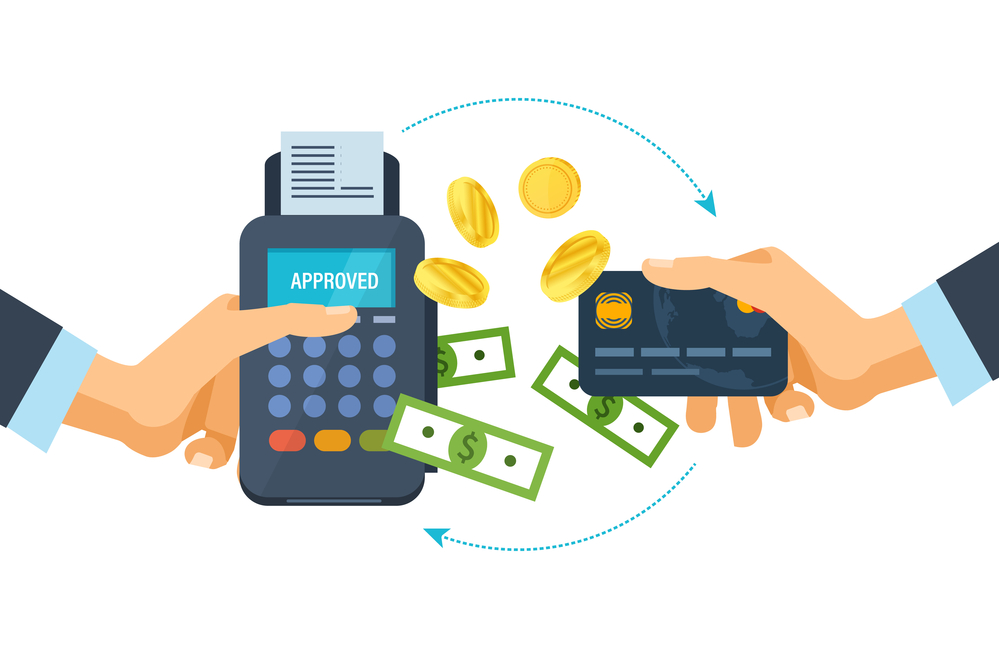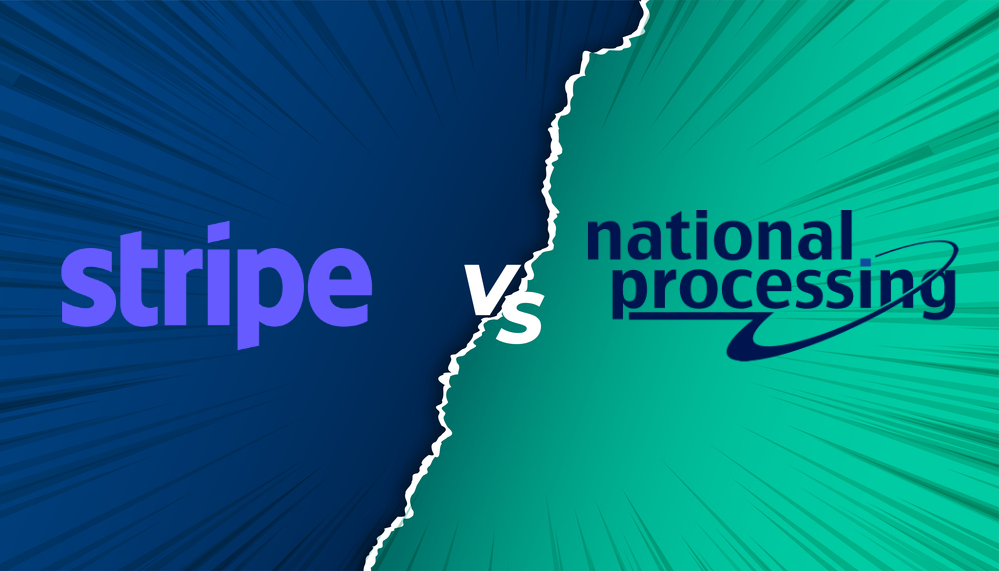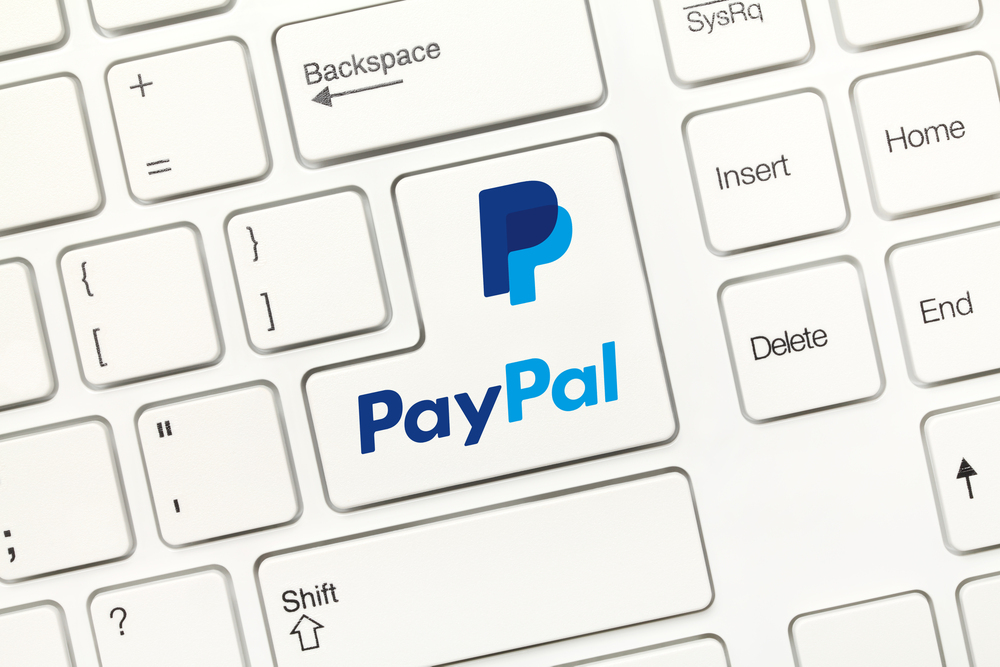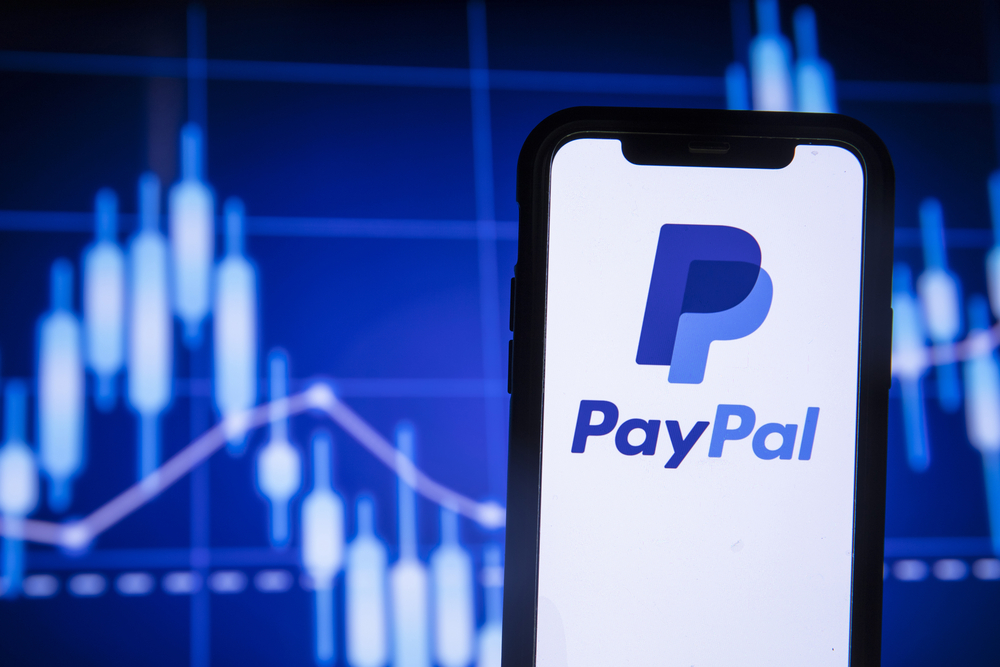
PayPal Shares Down 50%, Price Hike Incoming – PayPal Alternatives
Feb 13, 2023 3 minutes
PayPal’s stock has dropped an alarming 50% over the past year, with analysts predicting further declines in the near future. The company announced plans to lay off 2000 members of its staff, which makes up around 7%.
Throughout the years, companies will always have some ups and downs, but PayPal’s down is extreme and it will soon affect you as an e-commerce business owner using PayPal payment processing.
PayPal’s Falling Shares Will Increase Your Fees
PayPal needs to make up for its losses and the only way it knows how is by increasing payment processing fees charged to you, the business owners who use PayPal to accept customer payments at checkout.
Currently, PayPal charges 2.99% + a fixed fee for each transaction. That rate is already pretty high, but you knew that was the price for convenience.
Though nothing has been announced, new price hikes could take that rate up to 4 or 5% of your transactions, with the total being determined by the volume of sales you have made. This means that if you are a small business owner that relies heavily on PayPal to process payments, then this is an important time to consider other payment processing alternatives.
PayPal Alternatives
There are many alternative payment processors available, each offering different benefits and fees. It’s important to do your research and find one that fits your needs best. Here’s a list of the most popular PayPal alternatives.
Note: There are many PayPal alternatives like Skrill, Venmo, and Payoneer accounts, but they aren’t payment processors. They are money transfer services for consumers and freelancers, not retailers, so we don’t recommend looking into them any further.
There are also contactless digital wallets like iOS’s Apple Pay and Android’s Google Pay, but these are things involving your payment gateway, not processing.
Stripe
Stripe provides an intuitive API and low fees. Fees are 2.9% + a fixed fee, which is lower than PayPal’s current rate.
Stripe is a popular payment processor used by many businesses that want to accept customer payments quickly and securely. The company offers a simple API, reducing the amount of coding needed to integrate it into your business website or app (usually, it’s just a matter of installing the plugin).
Like PayPal, Stripe offers a flat-rate pricing model. You pay the same rate with nearly every transaction. This fee structure makes it simple and easy for business owners, though there’s no room for negotiation.
Stripe is also not a payment processor; instead, it’s a payment aggregator like PayPal. You can read more about the difference here. The most important piece of information you HAVE TO KNOW about Stripe is its utter lack of customer support. It will leave you high and dry when the time comes.
Stripe is also clearing house in prep for its IPO or public listing, so it might not be the best time to sign up.
Square
Square is another popular payment aggregator that offers low fees and a good API. Fees are 2.6% + 10¢ per transaction (for in-person transactions via POS, point-of-sale device).
Square also provides easy integration into your website or app via its APIs and SDKs. Plus, Square has options for processing payments offline (e.g., through a card reader). This makes it an ideal choice for merchants who need to accept both online and offline payments.
Unlike Stripe, Square offers a variable fee structure depending on the type of transaction. For example, you may pay 2.6% + 10¢ for a credit card transaction with Square, but 2.9% + 30¢ for card-not-present transactions and as much as 3.5% + 15¢ for keyed-in transactions.
Square is also a payment aggregator, though it does provide a bit more room. It could be a good choice depending on your business type, but it’s best to do the research first between what you’re selling and what Square supports. Otherwise, your online store might get shut down.
Shopify Payments
Shopify Payments is a payment processor owned by Shopify. Fees are 2.9% + a fixed fee, which is the same as PayPal’s current rate.
The company provides an integrated checkout experience for business owners using their ecommerce platform, allowing them to accept payments quickly and securely without having to set up a third-party provider like Stripe or Square. Keep that in mind—you have to use the Shopify platform to utilize Shopify Payments.
Shopify Payments also offers a flat-rate pricing model. It’s essentially a white-label Stripe, as it’s powered by none other than Stripe. Therefore, fees will be basically the same if not more.
Amazon Pay
Amazon Pay is a payment platform and shopping cart owned by Amazon but powered by Stripe. Fees are 2.9% + 30¢ per transaction. However, the rate does increase to 4% + 30¢ if you allow your products to be purchased on Alexa (which requires you to have them available on Amazon).
Everybody knows Amazon, and now that Amazon has opened up its Fulfilled by Amazon (FBA) program, you can use its payment services as well as shipping and fulfillment services.
Amazon Pay offers an integrated checkout experience for customers using their platform, making it quick and easy to accept payments from them without additional setup.
There are great benefits to using FBA and Amazon Pay, though the risk is just as using PayPal or Stripe. Not because Amazon is in deep water, but because it doesn’t support all types of businesses.
Braintree
Braintree offers great customer service and a wide range of payment processing options. It also has some of the lowest fees on the market, at 2.4% + 0.25 per transaction.
Braintree is a payment processor, which means it acts as the middleman between your business and the customer’s bank. It is owned and powered by PayPal, but it is a real payment processor.
Braintree also has an extensive API and SDK for easy integration with websites or apps. Plus, you can use advanced features like recurring payments and credit card tokenization.
The only downside to using Braintree is that it doesn’t support all types of businesses, so be sure to check before signing up. A lot of popular payment processors you will find are low-risk payment processors, meaning they only support low-risk businesses. Low risk means there is a low risk of chargebacks and fraud. The catch is that most online businesses are high-risk businesses.
Authorize.net
Authorize.net is a payment gateway owned by Visa, so there’s no doubt about its security and reliability.
The fees for Authorize.net are the same as PayPal at 2.9% + 30¢ per transaction. It’s also a flat-rate price (unless you have a monthly sales volume of $500k), so there’s no negotiating. To use the payment gateway, that’ll be a monthly fee of $25 on top of those rates.
Authorize.net is a great option for low-risk businesses that want more functionality and potential security than the other options mentioned. Though, it is pricy and may not support your business model.
2Checkout
2Checkout is another payment services provider, and it’s designed to serve high-risk businesses. It operates in over 186 countries and offers a wide variety of payment options (including PayPal, credit cards, debit cards, and bank transfers).
It sounds like a good option until you see the fees. 3.5% + 35¢ for global sales, 4.5% + 45¢ for subscriptions, and 6% + 60¢ for digital goods (online transactions for digital items). These rates are insane. On the plus side, it’s built for accepting international transactions so you can accept many different currencies.
While 2checkout is a fast and easy option that definitely supports your business type, it is not worth paying these high fees.
Merchant Account + Payment Processor
If you have a merchant account and payment processor, then you’ll be able to offer every payment method you need and accept payments from anywhere without risk to your store. That’s because your merchant services provider will pair you with a merchant bank account and payment processor that supports your business type.
A merchant account and processor allows you to choose which which payment methods you want to accept. Visa, Mastercard, ACH, gift cards, mobile payments, prepaid cards, local foreign payment methods, cross-border payments, recurring billing, in-store POS—you name it. The power is in your hands.
Fees are typically lower than that of your PayPal account’s fees. You are also able to negotiate some fees down or completely eliminate some, so there’s a lot of room to save using this method.
The only downside to using a merchant account is the extra setup time and paperwork involved, as well as more complex integration with your store. But often, this is worth the extra effort if you’re looking for a long-term solution.
What’s the best PayPal alternative that will save your business?
There are many different service providers when it comes to online payment solutions, so it’s important to do the research first and figure out which payment system best suits your business needs.
With that said, the most popular alternative to PayPal is Stripe—but the best alternative to PayPal is a merchant account and processor. It offers the lowest transaction fee, more customization, and can support any type of business. It also provides a customizable checkout experience for customers, making it perfectly suited for any business model.

